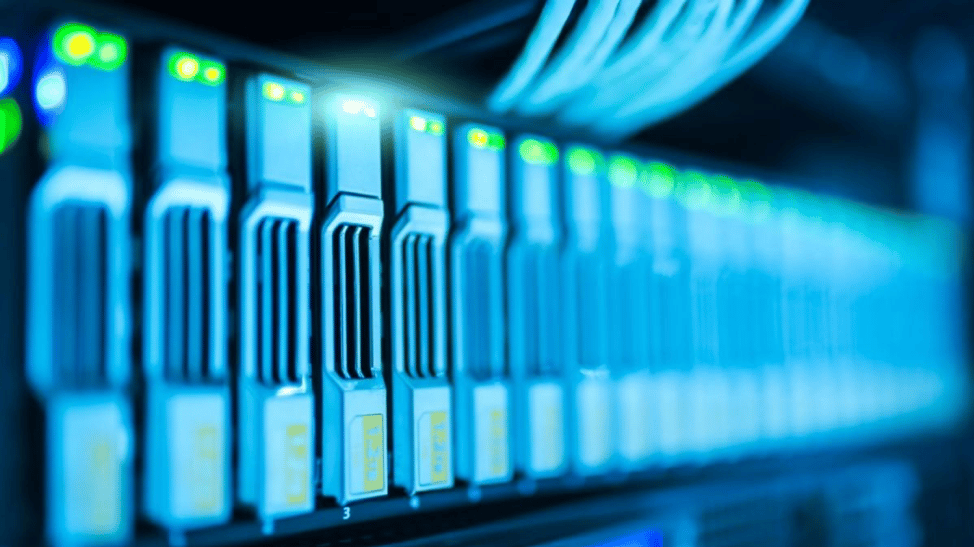While most of you probably just use a VPN to bypass geo-blocks, you likely at least expect the service to also protect your privacy, right?
I mean, that’s one of the main purposes VPNs have – they encrypt your traffic, after all.
But what happens when the VPN provider keeps usage and/or connection logs?
Do you still get to enjoy top-notch privacy then? Or are you trading ISP surveillance for VPN provider surveillance?
Find out all you need to know about that in this 5-minute article.
First Things First – Why Do VPN Providers Even Keep Logs?
There are actually a lot of reasons why they do that. But to make a long story short, here’s a quick overview of those reasons:
- The law forces them to do that. If a VPN provider has their HQ in a country with poor privacy laws, they’ll have to comply with the government’s data retention regulations. Usually, that includes countries that are part of the 5/9/14 Eyes Alliance. Countries with oppressive regimes like China, Russia, and the UAE can also force VPN providers to keep and share logs with the authorities.
- Some VPN providers use bandwidth caps – either for their service (usually, free VPNs do that) or during the free trial/money-back guarantee period. To enforce the bandwidth caps, the providers need logs to gather info about how people use their service.
- Ill-intentioned VPNs can keep logs to make a profit by selling your data. They can sell it to advertisers like Hotspot Shield did, or they can sell your bandwidth, effectively turning the service into a botnet. Generally, if you closely check the Privacy Policies of free VPN providers, you’ll see that many of them say they share your data with third parties.
- VPN providers might rent VPS (Virtual Private Servers) from data centers that are not 100% transparent with their data logging policies. In that case, the data center could keep logs the VPN provider isn’t even aware of. Something like that actually happened to an EarthVPN user back in 2014.
- VPNs that only allow you to use their service on a limited number of simultaneous devices might use logs to make sure you don’t go over that limit. The type of info the VPN stores varies from provider to provider, so you’ll need to have a talk with your own VPN provider about this to find out what kind of data they log.
VPN Usage Logs – Quick Definition
Usage logs contain sensitive personal info about you and the way you use the VPN. To give you an idea of how sensitive that data is, here are some examples of the kind of information usage logs store:
- Your IP address.
- Files you downloaded or uploaded while using the VPN.
- What websites you browsed while using the VPN.
- What web apps and online services you used while connected to the VPN server.
- All sorts of metadata.
Overall, this is not the kind of info you want VPN providers to see. You’re using one to protect that type of data in the first place, after all.
True, you can argue that if the VPN provider is trustworthy, you don’t have to worry about much as long as you feel safe using their service.
But consider this – what if the authorities suddenly decide to force the provider to hand over the usage logs? Or what if an angry employee that has a grudge against the provider decides to leak those logs on the deep web? Or cybercriminals manage to breach the VPN provider’s servers?
There are a lot of possible scenarios that can happen, and no outcome looks good for you.
VPN Connection Logs – Quick Definition
A connection log doesn’t normally include any identifiable information. Usually, it’s stuff like:
- How long you stayed connected to a server.
- When you connected to a server.
- The amount of data you use per VPN connection.
- How often you use a specific VPN server.
Its info providers would need to track stuff like trial limitations, and to fix bugs or errors with the service.
Still, keep in mind that some providers might store your IP address in connection logs. That’s pretty bad since your IP address reveals a lot of info about you:
- What country and city you’re from.
- Who your ISP is.
- What your ZIP code is.

What’s the Ideal Option?
Well, if you’re not worried about your privacy too much, and you really trust the VPN provider, connection logs aren’t that bad. VPN providers mostly use them for troubleshooting anyway, and cybercriminals or the authorities can’t really use the info in those logs to find out personal stuff about you.
Just make sure the connection logs don’t include your IP address.
However, if you really care about your privacy, the only ideal option is a VPN with no logs. That way, you can be sure the provider isn’t keeping tabs on what you do online with their service.
Plus, with a no-log VPN, you don’t need to worry about hacker breaches or governments forcing the VPNs to hand over data. They don’t have any info to give to begin with.
Need Help Finding a No-Log VPN?
Don’t worry – you won’t have to spend hours researching the Privacy Policies of the hundreds of VPN providers that are on the market right now.
All you really need to do to find fantastic no-log VPNs is follow that link. The guide has tons of useful info in a very easy-to-scan format.
The Bottom Line
Usage logs are more risky for you than connection logs since they contain info that can personally identify you online. Connection logs normally just contain info that helps providers troubleshoot their services. However, depending on the provider’s approach to privacy, some connection logs might store your IP address too.
Luckily, some providers keep zero logs, which is ideal because that really guarantees your privacy is safe.


That’s true. If you want to keep your data safe, you should use VPN. And when it comes to security and privacy, you have to take responsibility and pay for that. I use Nord vpn, because it has a strong encryption and zero logs policy. That makes me feel safe online.